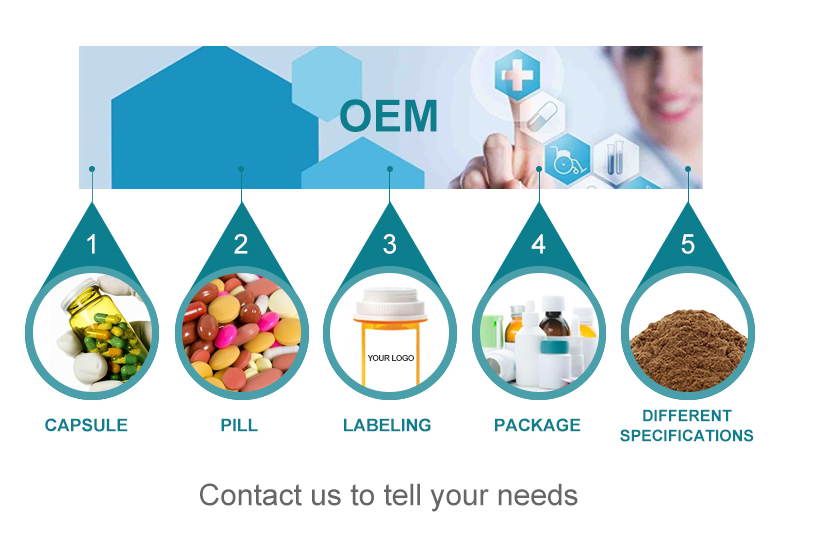**Foreword**
Pharmaceutical excipients are essential components in the formulation of drug products, playing a critical role in ensuring the stability, bioavailability, and effectiveness of medications. A pharmaceutical dosage form refers to the physical state in which a drug is administered to a patient, such as tablets, capsules, or injectables. These forms are developed through formulation technology, combining active pharmaceutical ingredients (APIs) with appropriate excipients to create a final product that meets therapeutic needs.
The choice of excipients directly influences the performance of a dosage form, including its appearance, strength, dissolution rate, and duration of action. Excipients not only support the delivery of the active drug but also ensure its controlled release, protection from degradation, and targeted delivery to specific tissues. Together with proper dosing regimens, these factors help maintain the required drug concentration in the body to achieve the desired therapeutic effect.
The development of new excipients has become a key driver in advancing pharmaceutical formulations, enabling the creation of more effective and patient-friendly drug delivery systems. Over the past few decades, the number of excipients used in pharmaceutical research and production has grown significantly, with thousands of types available globally. This growth reflects the increasing importance of excipients in modern drug development, especially in the context of personalized medicine and advanced drug delivery systems (DDS).
In both domestic and international markets, the application of excipients has evolved alongside advancements in polymer science, formulation technology, and manufacturing processes. New excipients have enabled the development of innovative dosage forms such as sustained-release, controlled-release, and transdermal systems. For example, materials like polyethylene glycol (PEG), hydroxypropyl methylcellulose (HPMC), and cyclodextrins have become widely used for their versatility and functionality in various formulations.
In China, the use of pharmaceutical excipients has a long history, dating back to ancient times when simple substances like starch, honey, and animal glue were used as binding agents. However, it was not until the 1980s that systematic research and development of excipients began, leading to the introduction of high-quality, standardized materials that improved the quality and efficacy of oral solid dosage forms.
Today, the selection of excipients requires careful consideration of multiple factors, including the physicochemical properties of the drug, the intended dosage form, and the manufacturing process. Excipients must be compatible with the API, stable under storage conditions, and capable of enhancing the performance of the final product. For instance, lactose is commonly used as a filler in tablets and capsules, while HPMC serves as a binder, film former, and sustained-release agent depending on its viscosity.
The application of new excipients has also driven the development of advanced drug delivery systems, such as controlled-release preparations, where polymers like ethyl cellulose and acrylic resins are used to modulate drug release. These innovations have not only improved patient compliance but also expanded the therapeutic potential of existing drugs.
In summary, pharmaceutical excipients are indispensable in the development and optimization of drug products. Their proper selection and application are crucial for achieving safe, effective, and consistent therapeutic outcomes. As the pharmaceutical industry continues to evolve, the role of excipients will remain central to innovation and progress in drug formulation.
Pharmaceutical Grade
Shikonin is a kind of organic substance, which is insoluble in water, soluble in ethanol, organic solvent and vegetable oil. It is easy to dissolve in alkali water and precipitate when meeting acid. It can be used in the treatment of acute icteric or non icteric hepatitis, chronic hepatitis and verruca plana. It is also effective for cirrhosis (ascites) and verruca vulgaris. It has anti-cancer, anti-inflammatory, antibacterial and other effects. It is used in the treatment of acute and chronic hepatitis and cirrhosis (ascites). The Department of Dermatology and Hepatology is used for the treatment of verruca plana and psoriasis, local application for the treatment of burns and promoting wound healing. Eye drops are effective in the treatment of herpes simplex keratitis.

Product Name: Shikonin
Other Name : Shikonin Powder
Specification: 10%/30%/ 98%
Appearance: Dark Red Purple Powder
Form: Powder
Storage: Store in cool and dry places, keep away from strong light.

|
1.Shikonin extract shikonin with the function of anti-tumor effects;
|
|
2.Shikonin extract shikonin acts the main role of the cardiovascular system;
|
|
3.Shikonin extract shikonin with acne and anti-inflammatory cosmetic effects;
|
|
4.Shikonin extract shikonin is mainly used for hepatitis, dermatitis and baby, women vaginitis, cervicitis, and other drugs
|
|
5.Shikonin has antimicrobial, anticancer and anti-inflammatory effect.
|
|
6.Shikonin is used in treating chronic hepatitis, oxyhepatitis and cirrhosis.
|
|
7.Shikonin is used in treating verruca plana and psoriasis.
|
|
8.Shikonin is also known to have wound healing, antitumor, and antithrombotic properties.
|
|
9.Shikonin works as colorant in cosmetic and food products.
|
Why choose us?

Product Recommended
Our company also has some popular products with similar efficacy and phycocyanin. For example, coenzyme Q10 can not only provide power to the human heart, but also has strong
Antioxidant and scavenging oxygen free radicals. In addition, coenzyme Q10 can also play the role of anti-aging, beauty, anti fatigue, heart protection, prevention and treatment of cardiovascular and cerebrovascular diseases and anti-cancer. Wolfberry Extract, immune regulation, hypoglycemic, hypolipidemic, anti-aging, anti fatigue effect. Ginkgo biloba extract is widely used in medicine, health products,
Food Additives, functional drinks, cosmetics and other fields. Rhodiola Rosea Extract has the effects of enhancing immune function, protecting cardiovascular and cerebrovascular system, anticancer and antidepressant. Ginseng extract, can be anti fatigue, anti-aging and brain health food.
Berberine Hydrochloride,Shikimic Acid Powder,Kaempferol Powder,Quercetin Powder
Xi'an Tian Guangyuan Biotech Co., Ltd. , https://www.tgybiotech.com


